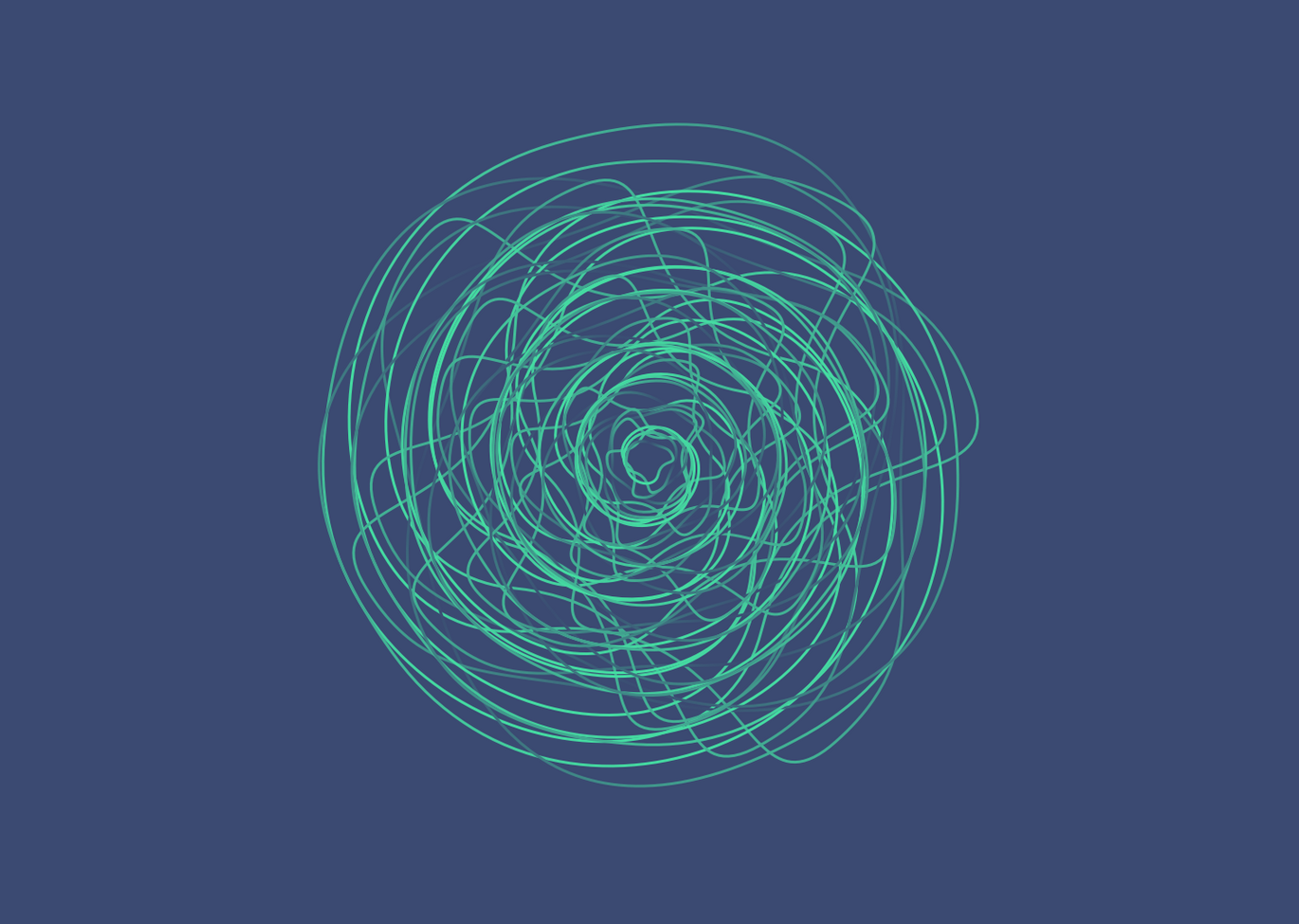Human Futures' annual conference
A call for papers and an invitation

Temporality
The 2017 Annual Conference of HUMAN FUTURES December 12-13 2017 will center on its core issue: temporality, the human experience of time and its modes.
Only humans have a past, a present, and a future—but what are these modes of temporality precisely, and are they changing now? In recent decades, the acceleration of technological possibilities has gone hand in hand with an increasing pervasive perplexity of where these possibilities will actually lead us. Hopes and fears of exponential technological growth, leading to either singularity or ecological disaster, are intertwined with rhizomatic horizons, in which linear temporality altogether disintegrates into a web of contemporaneous time units.
What does it mean to have a future, and what does it mean to have a future under these conditions? Has the present become broader? Or are we actually living with a much more complex relation to the spread and the depth of time? How does ever-changing technology influence our perception of time? Are all people entitled to the same future even if their past and present differ? Will our sense of bodily time and of our life story change as biological intervention accelerates?
These and related questions can be raised from the perspectives of different disciplines, and we invite researchers to participate in a cross-disciplinary exchange of research results and joint interdisciplinary exploration of the key issues of temporality.
We invite short abstracts (200 words) for papers in the following four theme areas:
1. Temporality and Contemporaneity
In the contemporary condition the present emerges as interfaces between singular time bubbles. The human sciences have since the 1960s built up an arsenal of anti-evolutionistic theories that contribute to the understanding of this condition. How do these theories relate to futurity? How are they implemented in more pragmatic political and technological discourses that are often dominated by a linear and progressionist thinking? Transdisciplinary papers that address these and other issues related to contemporaneity are welcomed.
2. Technologies of Temporality
How is our experience of time changed by technologies that install new habits? By media that give access in new ways to other times and other places? How is Deep History and the Anthropocene becoming a part of a shared narrative? How will increased human longevity change life-narratives? And will the pursuit of controlling life and death develop new technologies that will be divisive for human-kind?
3. Temporality, learning as progress, and information expansion
How will technology transform learning? Will we be forced into constant learning cycles to catch up with technology and will it become increasingly difficult for humans to follow suit? Will our learning conditions create so vast differences between humans with and without access to new technologies that they affect us as a species? Will engineering controlled algorithmic machine learning set new standards for what and how humans should learn – will this transform the learning of traditional humanities (learning about poetry, music, thinking etc.) beyond recognition?
4. Futurity
In the philosophical literature futurity is often considered as the mode of temporality that combines most distinctively human capacities of cognitive and emotional modeling—imagination, anticipation, ?anxiety, hope. This theme area shall explore the question ‘what is futurity’ and ‘what is futurity now.'
Deadline for submission of papers is 20th of October - please contact tfh@cc.au.dk for any further questions.
